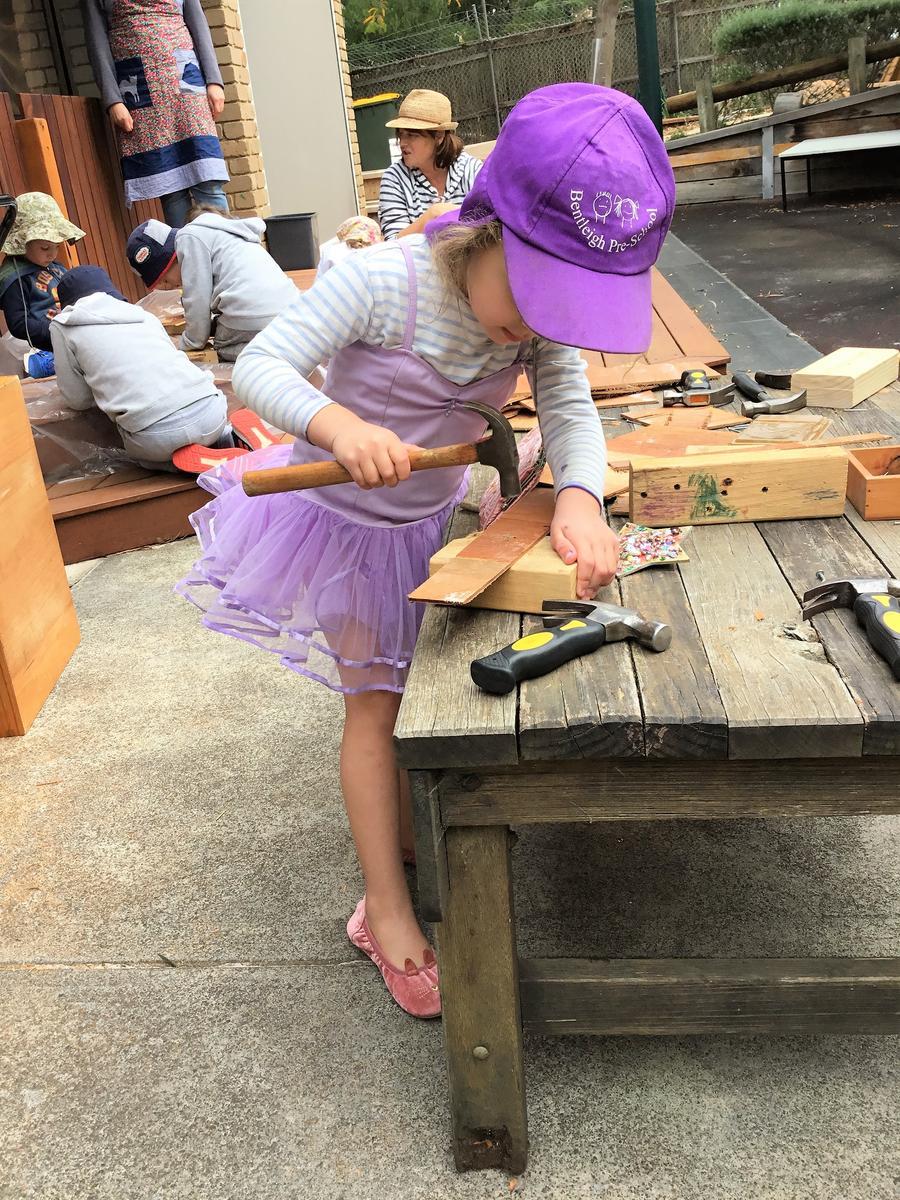Learning through Play

A play-based emergent curriculum fosters complex learning within children’s most natural way of being and within the safe haven of play.
According to the National Early Years Learning Framework (NEYLF 2009) play is “a context for learning through which children organise and make sense of their social worlds, as they engage actively with people, objects and representations” (p. 6).
Children’s learning is dynamic, complex and holistic. Physical, social, emotional, personal, spiritual, creative, cognitive and linguistic aspects of learning are all intricately interwoven and interrelated.
Through play, children have the opportunity to:
- hypothesise by developing independent theories and test them
- problem solve in both a cognitive and social/emotional sense
- Imagine and create as the potential of a child’s unhindered imagination is exponential
- take reasonable risks
- develop resilience and other dispositions, such as persistence
- develop a positive sense of self
- promote active brain development
- use complex verbal and non-verbal language to communicate, extend and guide their ideas and collaborative work
- make mistakes—perhaps most important of all. By not giving children the answers we support them in: “learning how to learn”
How do the educators support my child’s learning through play?
The educator’s role in play-based learning is to create supportive environments where children can ask questions, solve problems and engage in critical thinking. Educators engage in sustained, shared conversations with children to extend their learning. Educators ask questions that stimulate thinking, and we nurture and foster the engagement of the mind.
Risky Play
Risk taking is a healthy part of development in early childhood. Risky play can be defined as thrilling and challenging forms of play. It offers children opportunities to challenge themselves, explore boundaries, test their limits, and learn to make decisions about injury and risk such as when climbing high, moving at speed or joining the group around the fire.
Teaching children to use tools such as shovels and rakes in the digging area, hammers with the woodwork or knives while cooking develops children's confidence, strength, coordination skills and awareness of others.
The role of educators is to provide an environment that balances safety and risk so that children have the opportunity to challenge their physical abilities and to achieve that feeling of ‘I did it!’ when they master a new skill. Although there is potential for some bumps and bruises during risky play the positive benefits far out way the negatives.
Outdoor Play and Connecting with Nature
Current research clearly shows that natural environments and outdoor play are beneficial to children in many ways. Playing outdoors is important for developing capacities for creativity, symbolic play, problem solving and intellectual development. Children who are involved in regular outdoor play benefit from increased flexibility and gross motor skills.
Outdoor play, also supports children to connect to the natural world. This builds and promotes awareness of environmental and sustainable practices.
Our outdoor spaces provide opportunities for sensory play in water, sand, dirt. Children can see and feel the changing of the seasons and experience what happens in our gardens throughout the year.
We access the outdoor spaces all year round and in all kinds of weather. We ask families to send children in appropriate clothes for rain, cold and hot weather so that they may have access to the outdoors every day.



